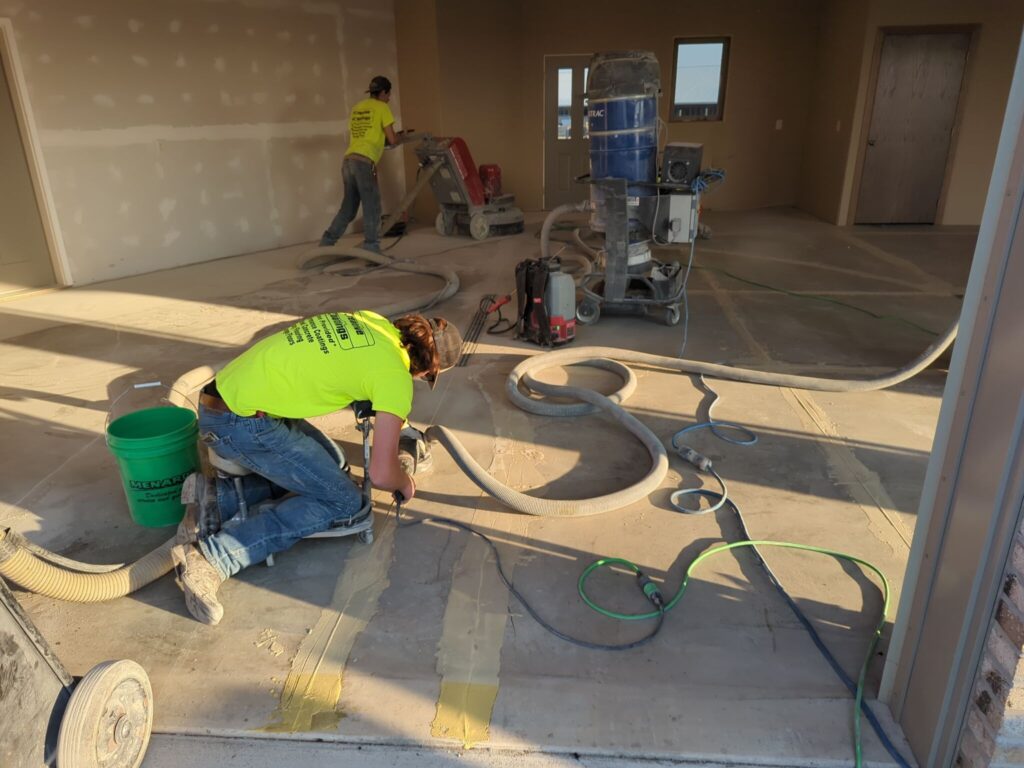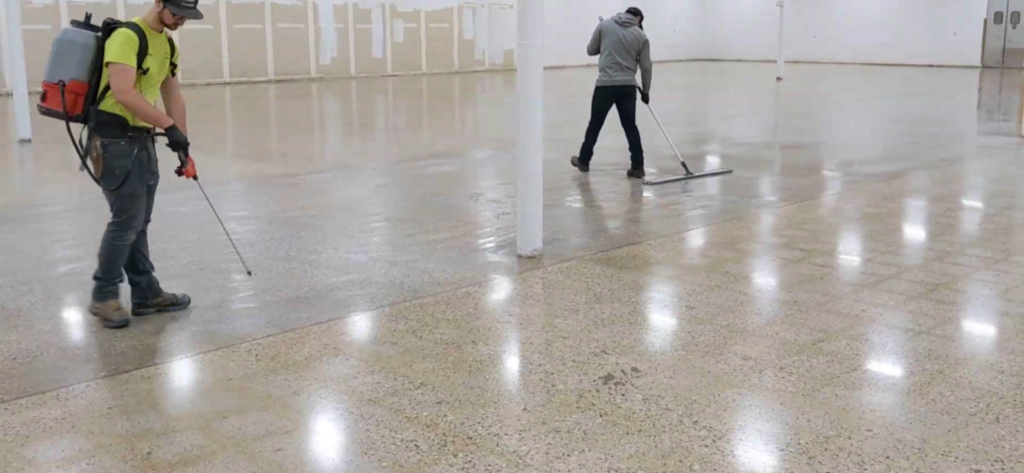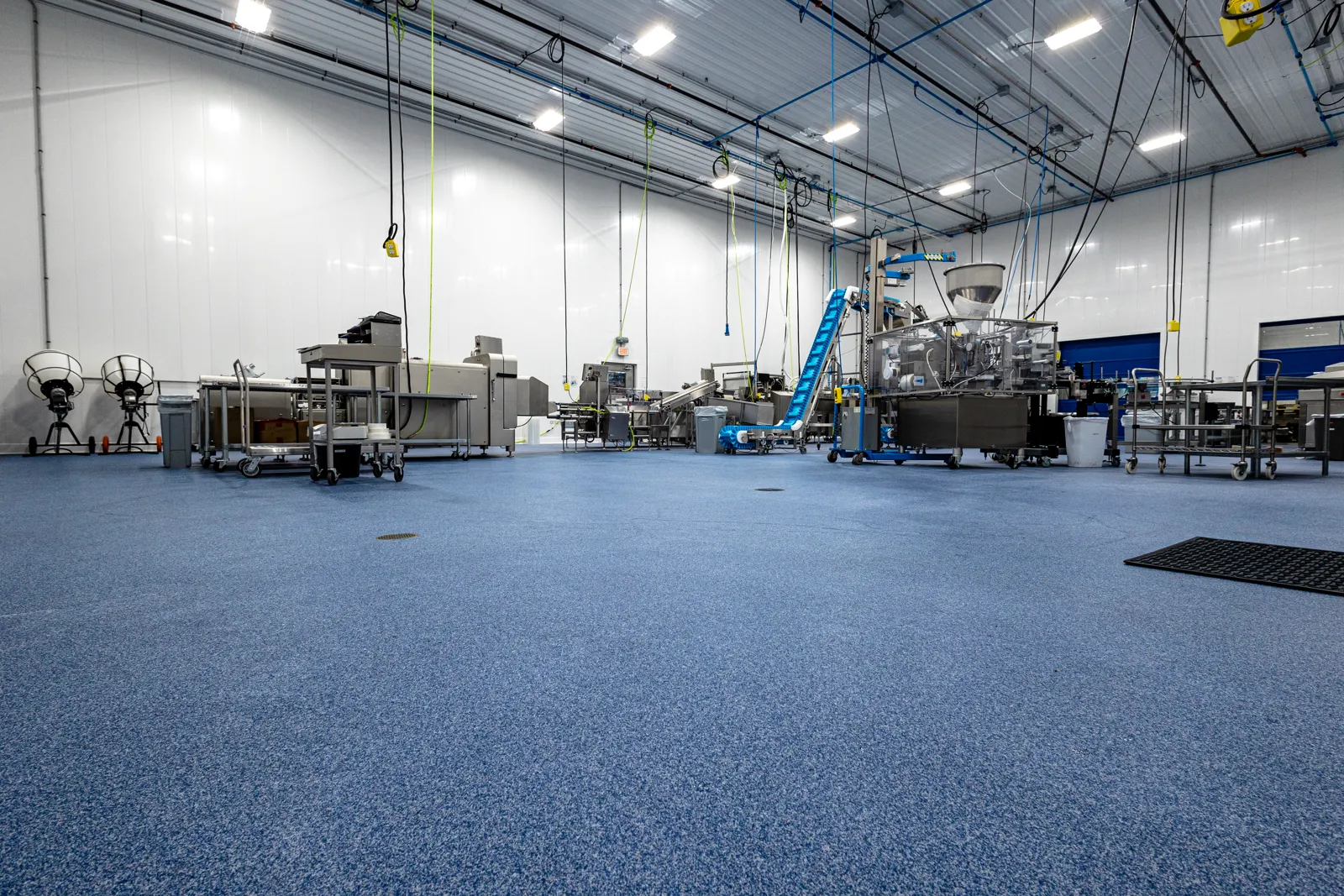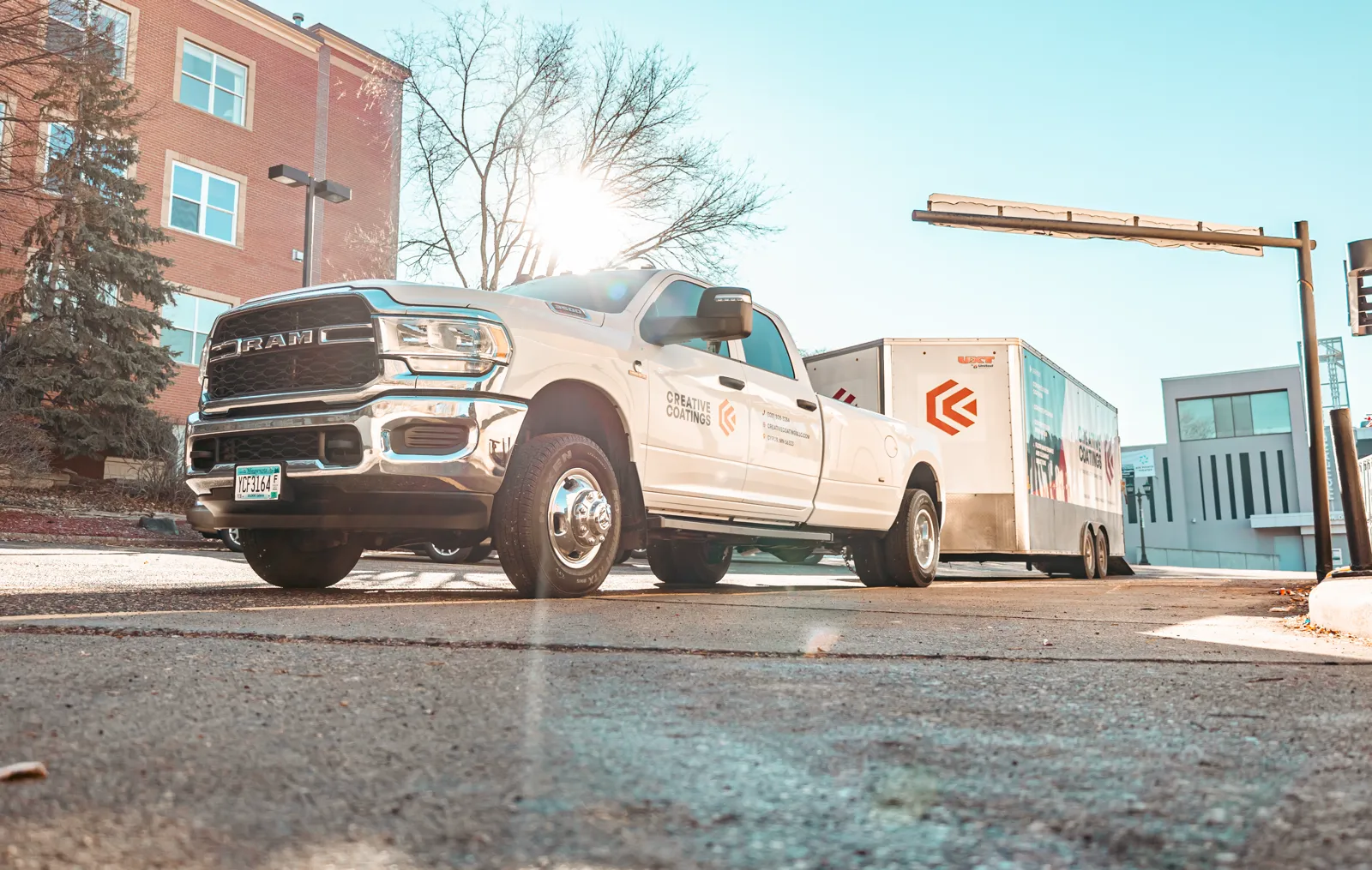Epoxy coating is a popular choice for floor finishes, known for its durability and aesthetic appeal. However, the key to a successful epoxy coating lies in the preparation. How are floors prepped for epoxy coating?
The process of epoxy coating preparation involves several steps. These include cleaning the surface, repairing any damage, and ensuring the floor is ready to bond with the epoxy. In this article, we’ll guide you through preparing your floors for epoxy coating. Whether you’re a DIY enthusiast or a professional, this guide is useful and easy to follow.
Table of Contents
How are floors prepped for epoxy coating?
The preparation stage is crucial in the epoxy coating process. It ensures the coating adheres properly to the floor, enhancing its durability and lifespan.
Without proper preparation, the epoxy may not bond well with the surface. This can lead to peeling or chipping over time, reducing the aesthetic appeal and functionality of the floor. Therefore, investing time and effort in epoxy coating preparation is essential for achieving the best results.
Surface Profiling
Surface profiling is the first and most important step in epoxy coating preparation. It helps to create a rough surface for the epoxy to stick to. Not doing this step can cause the coating not to adhere properly.
There are several methods to achieve this, including diamond grinding and shot blasting. The choice depends on the condition of your floor and the tools available.
- Diamond grinding
- Shot blasting
Diamond Grinding
Diamond grinding is essential for preparing concrete floors before applying an epoxy coating, creating a textured surface that ensures strong adhesion. Machines like Scanmaskin and Husqvarna grinders are widely used for this purpose, thanks to their precision and efficiency.
Scanmaskin grinders offer adjustable speed and pressure settings, allowing for controlled grinding that matches the specific floor condition. Husqvarna grinders, known for their durability and ease of use, also feature powerful motors and efficient dust management systems. Both brands provide reliable options for achieving the ideal surface profile, which is critical for a durable and long-lasting epoxy finish.
Shot Blasting
Shot-blasting is widely used for preparing concrete floors before applying an epoxy coating. This technique involves a machine that propells small steel beads, or “shot,” at high speed onto the floor surface, which cleans, profiles, and roughens the concrete to ensure proper adhesion of the epoxy. These machines feature adjustable blast intensity and effective dust collection systems, making them ideal for creating a consistent surface profile while maintaining a clean work environment. By using shot blasters, you can achieve a high-quality finish, crucial for the durability and performance of epoxy floors.
Cleaning the Surface
Another very important step in epoxy coating preparation is cleaning the surface. This involves removing any dirt, grease, or oil that could interfere with the epoxy’s adhesion to the floor. Common cleaning methods include sweeping, vacuuming, and washing the floor with a degreasing solution. It’s important to rinse thoroughly and allow the floor to dry completely before proceeding.
- Sweep or vacuum the floor
- Wash with a degreasing solution
- Rinse thoroughly and let dry
Remember, a clean surface is key to a successful epoxy coating application.

Repairing Cracks and Chips
After cleaning, inspect the floor for any cracks or chips. These imperfections can affect the final result of the epoxy coating. Use a suitable repair product to fill in these areas. Make sure to follow the manufacturer’s instructions for the best results.
Once the repairs are dry, sand them down to ensure a smooth, even surface for the epoxy coating.
Looking to get your garage floor professionally coated? Creative Coatings would be honored to coat your floor! Get a free quote now by calling us (320)-808-3284 or by contacting us directly on our site!

Moisture Testing
Before applying the epoxy, it’s crucial to conduct a moisture test. Excessive moisture can lead to the epoxy not sticking, ruining your hard work.
You can use a simple moisture meter for this task. If the reading is too high, consider using a moisture barrier product before the epoxy application.
Applying Epoxy Primer
Once the surface is clean and profiled, it’s time to apply the epoxy primer. This product enhances the bond between the substrate and the epoxy coating.
Remember to follow the manufacturer’s instructions for mixing and applying the primer.

Final Inspection and Cleaning
After the primer application, conduct a final inspection. Look for any missed spots or imperfections that need to be addressed. Clean the surface once more to ensure it’s dust-free. This step is crucial for the successful application of the epoxy coating.
The better the preparation, the better the result. Now, your floor is ready for the epoxy coating, and you know the answer to this question: How are floors prepped for epoxy coating?


